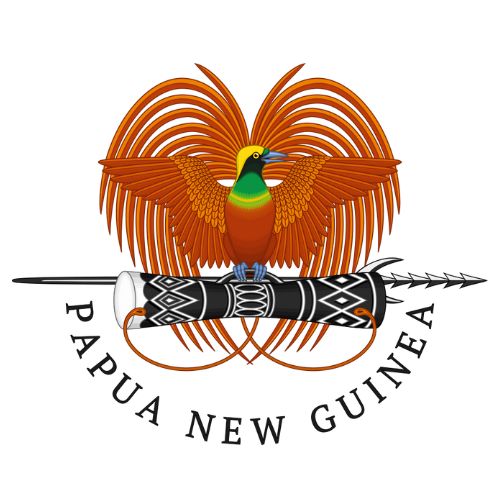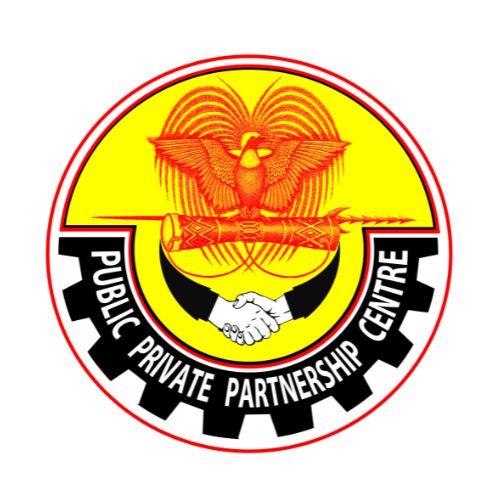WELCOME TO the PPP CEntre
the Key Steps in the PPP Process
The key steps in the PPP process in Papua New Guinea involve a series of structured phases designed to ensure the successful execution of public-private partnership projects. Initially, potential projects are identified based on national development priorities and public needs. This is followed by rigorous feasibility studies and cost-benefit analyses to ascertain the project’s viability and economic impact. Once a project is deemed viable, the PPP Project moves to the procurement phase, where a transparent and competitive bidding process is conducted to select a suitable private sector partner. Upon selection, detailed contract negotiations take place to define the terms, responsibilities, and risk-sharing mechanisms between the parties.
The project then enters the implementation phase, during which construction, development, and operational activities are closely monitored to ensure compliance with agreed standards and timelines. Finally, ongoing performance evaluation and monitoring are conducted to ensure the project meets its objectives and delivers long-term benefits to the public. Each step is overseen by the PPP Centre to ensure adherence to the PPP Policy, PPP Act and regulatory and administrative framework (i.e. the PPP Regulations and PPP Guidelines), promoting efficiency, transparency, and accountability throughout the process.

